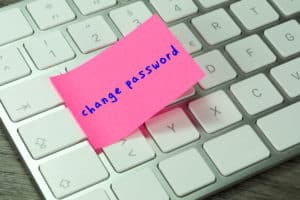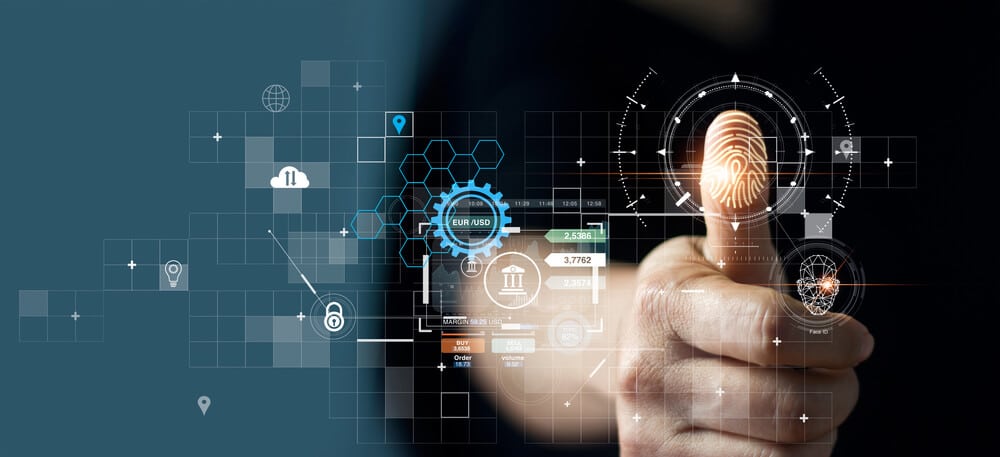The internet has a way of connecting people and making communication more effortless than ever. Unfortunately, however, that same technology can also compromise your privacy.
There are many ways to protect your identity online, but you’ll have to be willing to put in some effort. This article will go over several moves you can make to keep your information safe while browsing the internet in the digital age.
Identity Theft, a Menace
Identity theft is stealing a person’s personal information, such as their name, date of birth, and social security numbers. This stolen information can be used to obtain credit cards and use them for fraudulent purchases or even open accounts in their name.
Credit card fraud is the most common form of identity theft because it involves taking over a credit card without the owner’s permission. Medical identity theft is also reasonably common. It involves using another person’s medical history to obtain prescription medication or medical devices, like a dental implant or knee surgery.
In most cases, the perpetrator may have opened an account with their identity, obtained credit cards in their name, or even stolen cash from their bank account. By that point, however, it could be challenging to figure out who did this and how to stop them.
How to Protect Yourself From Identity Theft
The good news is that there are several things you can do to protect yourself from identity theft. Here are some of the best ways to prevent it:
Set Strong Passwords

The easiest way to prevent identity theft online is to use strong passwords, but most people don’t do this. Identity thieves often break into accounts using “brute force hacking,” which involves guessing the password by using a computer program or even a dedicated device that speculates millions of combinations every second.
Most people use a few passwords for all their accounts, which are not complex enough to withstand brute-force attacks. It’s recommended to include a variety of the following to ensure your passwords are strong:
- Numbers
- Capital letters
- Special characters
Use a Password Manager
Employ a password manager program to store all of your information. This approach is excellent if you use several online accounts, such as social media, email, or banking sites.
With a password manager, you can generate long random strings of characters, both upper and lowercase letters and numbers for each account, without remembering them individually.
Watch Out for Phishing Scams
A phishing scam can be an email that appears to be from a bank or other organization. It may contain an attachment and ask you to click a link to verify your account.
If you open the email, however, it will likely show you another page asking for personal information or passwords. Never click on links in an email or open attachments unless you’ve verified they’re from a trusted source. Do not accept any cookies from a website without reviewing their privacy policy.
Use Two-Factor Authentication
The most secure way to protect your network is with two-factor authentication. If you have your password in this type of security system, the only way to log into your account is with your password plus another factor.
What’s this other factor? You’ll receive a text, email, or even a call when you log in. It could also be a code sent to your phone number or a unique key you carry. Most services, including Gmail and Dropbox, now offer this type of security.
Employ Private Data Protection
To keep your personal information like phone numbers private, you’ll need to look for a service that protects your data. This service should encrypt all your information and protect it from prying eyes.
Partner with Erickson Dental Technologies for reliable firewall security with cutting-edge scanning engines. These scanning engines will monitor any hacking attempts that might damage your system and quickly fix any issues as soon as they occur.
Secure Your Internet Connection
Many people don’t realize that the public Wi-Fi they use at coffee shops, libraries, and airports could put their information at risk. When you connect to the public internet, someone else can access your online activities. They might see sensitive information such as passwords or account numbers.
Secure your connection by using a virtual private network (VPN). A VPN encrypts all your communication with the internet, including any personal information you enter. Most importantly, a VPN service will thwart any attempts to steal your personal information. Your system will send all data through an encrypted tunnel, preventing hackers from intercepting it.
Use an Antivirus Software
Make sure you’re using high-quality antivirus software at all times. An antivirus program scans your files, looking for harmful software or malicious code such as viruses.
Make sure to keep your antivirus program up to date with the latest virus definitions and updates. It will always be ready to spot and prevent malicious cookies.
Check Your Credit Report Regularly
Regularly check your credit report for any sign of identity theft. If you find anything suspicious, contact the bank or other organizations immediately to let them know about it.
Contact the relevant authorities and file a police report in case the perpetrator uses the stolen information to commit fraud or other crimes.
What’s Next?

It’s important to remember that identity theft won’t happen all at once. Instead, it could be a long-term attack on your accounts or data.
You’ll need to be vigilant and proactive. Erickson Dental Technologies offers the latest in network security and email encryption. Our dedicated team of professionals and consultants will maximize your IT investment by providing industry-leading services. Contact us today to learn more.


